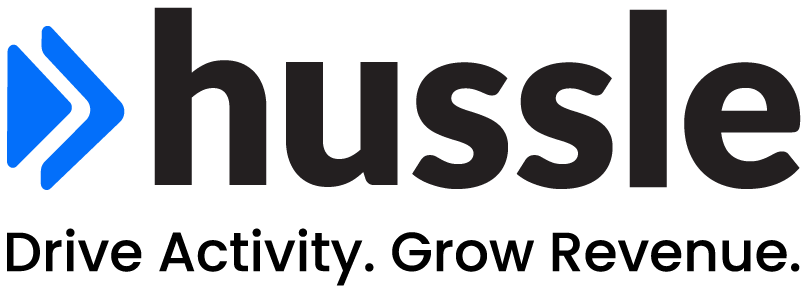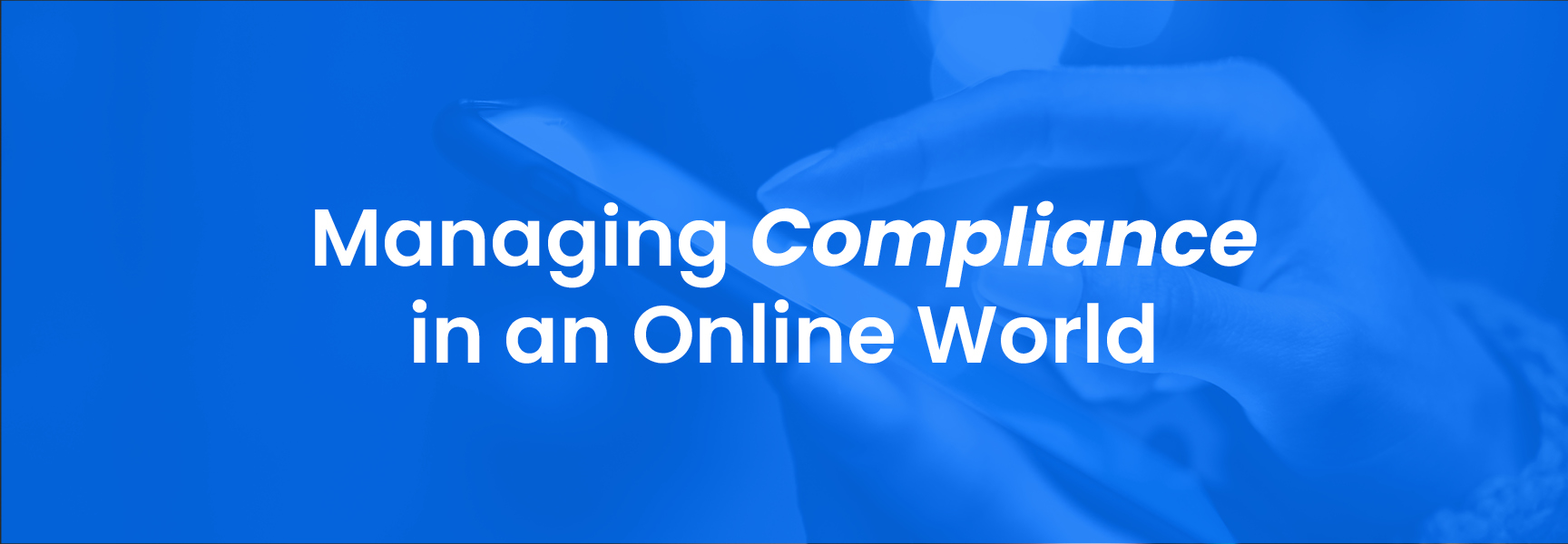Social media has completely changed the landscape of direct sales, especially when it comes to compliance. Not only do you have to worry about the information you distribute, but you are also responsible for what your distributors say about your company online. And that can mean HUGE risks for your entire company.
Historically, direct sales companies may have turned a blind eye to compliance issues or simply stated that they aren’t able to manage everything that comes with an independent sales force typically found in the direct sales industry—and now that simply isn’t possible. The FTC has made it very clear that because sales companies chose this business model, they need to be proactive in how they find compliance solutions. Your company must do the best you can in addressing these types of compliance issues before they even arise. How? By focusing on four steps:
- Enhancing your company culture
- Providing ongoing education
- Utilizing technology
- Establishing workflows and processes
Enhancing Your Company Culture
Ensuring your company culture is rooted in compliance is crucial to reduce risk. But what if you haven’t worried about that until now? Don’t worry—there’s still time! Every business should research the dos and don’ts in their industry and begin incorporating their plan into their overall culture. Remember: how proactive your company is in its response will determine its protection when it comes to compliance issues, and now is the time to do what you can to minimize risk.
Providing Ongoing Education
The world of compliance is always changing, and so is your sales field. Your responsibility is to provide ongoing compliance education to ensure that everyone in your organization knows exactly what and what not to say about your organization, opportunity, and products. We recommend holding quarterly training for your distributors, as well as training modules during the onboarding process.
Utilizing Technology
You’ve probably figured out we’re big fans of incorporating technology into your business strategies. Whether that’s compliance listening tools, an LMS for easier distributor education, or tools like FieldCheck, which reviews each social post for keywords or phrases that are not following regulatory compliance or company guidelines, establishing an appropriate compliance technology stack can make your life easier and prevent sticky compliance issues in the future.
Establishing Workflows & Processes
This technology and workflow can help put the right people in the right seats, limit the necessary headcount, and provide substantial benefits to companies when used correctly. Whether your company is an industry legend or a fledgling startup, you need to have a plan in place for how to actively monitor and address compliance.
Learn More: FAQs
There’s a lot to say on this topic, and we’re aware that we’ve barely scratched the surface, which is why we wanted to answer some frequently asked questions we get from brands about compliance.
How has social media changed the compliance landscape?
Social media provides platforms where people and organizations can easily communicate and share information, which also means organizations should double down on their compliance strategy so their online presence stays the same. Social media is constantly under public scrutiny, so companies must protect their data privacy, advertising standards, and intellectual property rights.
What role do corporate offices play in minimizing compliance risks?
Corporate offices should establish compliance policies by steering employees in the right direction when it comes to keeping to regulatory requirements and ethical standards. And as we mentioned before, corporate offices should provide resources for compliance training, monitoring, and audits to avoid potential risks.
How can you enhance your company’s overall culture to minimize risk?
It’s up to the leaders in your company to emphasize ethics, transparency, and accountability, which means open communication channels where employees feel comfortable reporting compliance concerns. Don’t forget: recognizing and rewarding good ethical behavior is key!
How can you control what your distributors are saying about your company online?
Controlling your online presence with distributors requires constant communication and collaboration. Giving them clear guidelines and training programs on a regular basis is the best way to know you’re all on the same page. You can also touch base with distributor activities on social media platforms to ensure compliance practices are happening.
Still curious about how compliance fits into your organization? Click here to request a demo!


